Easing the Ringing: How Reflexology Can Support Tinnitus Relief
By Marcella Bos, Certified Reflexologist & Reiki Master
If you’ve ever experienced a ringing, humming, or buzzing in your ears that no one else can hear, you’ve had a glimpse into what life with tinnitus can be like. For some, these sounds are fleeting—a few minutes of distraction before fading away. For others, tinnitus becomes a constant and exhausting companion, disrupting sleep, concentration, and peace of mind.
Tinnitus affects roughly 15–20% of the population, with higher rates among adults over 40. It’s not a disease itself, but a symptom—a signal that something else may be occurring in the body. Common causes include age-related hearing loss, exposure to loud noise, circulatory issues, ear injuries, and a side effect to certain medications. Some people experience a rhythmic pulsing sound (known as pulsatile tinnitus), while others describe constant ringing, roaring, or whistling. The experience can be distressing, especially when conventional medicine offers limited solutions beyond “learning to live with it.”
While there’s no known cure for tinnitus, many individuals find relief through holistic approaches that complement medical care. One such supportive therapy is reflexology, an ancient practice based on the principle that specific points on the ears, hands, and feet correspond to organs and systems throughout the body. By applying gentle pressure to these reflex points, reflexology encourages balance, improves circulation, and supports the body’s natural healing mechanisms.
Understanding the Connection
From a reflexologist’s perspective, tinnitus can be influenced by multiple systems within the body. The auditory pathways, circulatory pathways, and the nervous system all play roles in how we perceive sound. Stress, anxiety, and tension; common byproducts of modern living can also amplify tinnitus symptoms. When the nervous system is in a constant state of alert, the body’s ability to repair and regulate itself diminishes, and sensations like ringing or pulsing can become more noticeable.
Reflexology addresses both the physical and emotional layers of this experience. A trained practitioner can help encourage better nerve function and blood flow. Sessions also emphasize deep relaxation, calming the nervous system and reducing stress - a crucial component, as emotional strain often heightens tinnitus awareness.
A Gentle Path Toward Balance
During a reflexology session for tinnitus, the practitioner will focus on the ear as well as points on the hands and feet. This holistic approach aims to restore harmony to the body and promote a sense of inner quiet.
While reflexology cannot claim to “cure” tinnitus, clients often report that treatments:
Reduce or remove the intensity or awareness of ear sounds
Promote relaxation and better sleep
Ease head and neck tension
Support emotional well-being and reduce anxiety
For individuals whose tinnitus may have been triggered or worsened by stress, reflexology offers a safe and nurturing way to interrupt the stress cycle, helping the body find a new equilibrium.
It’s important to note that reflexology is not a substitute for medical evaluation. Persistent tinnitus should always be assessed by a healthcare provider to rule out underlying issues such as ear infections, medication side effects, or cardiovascular conditions. Once medical care is in place, however, reflexology can be a valuable complementary therapy, supporting both the physical and emotional aspects of healing.
In many cases, relief from tinnitus involves trial and error, and often multiple treatments a week apart might be necessary.
Listening to the Body
Tinnitus, in its own way, invites us to listen more deeply—to our bodies, our stress levels, and our need for calm. Reflexology provides a gentle space to do just that: to rest, to rebalance, and to reconnect with the body’s natural rhythm.
If you or someone you know is living with tinnitus, consider exploring reflexology as part of your wellness plan. While it may not silence the sound completely at first, it can bring greater ease, resilience, and peace—and sometimes, that quiet within makes all the difference.
